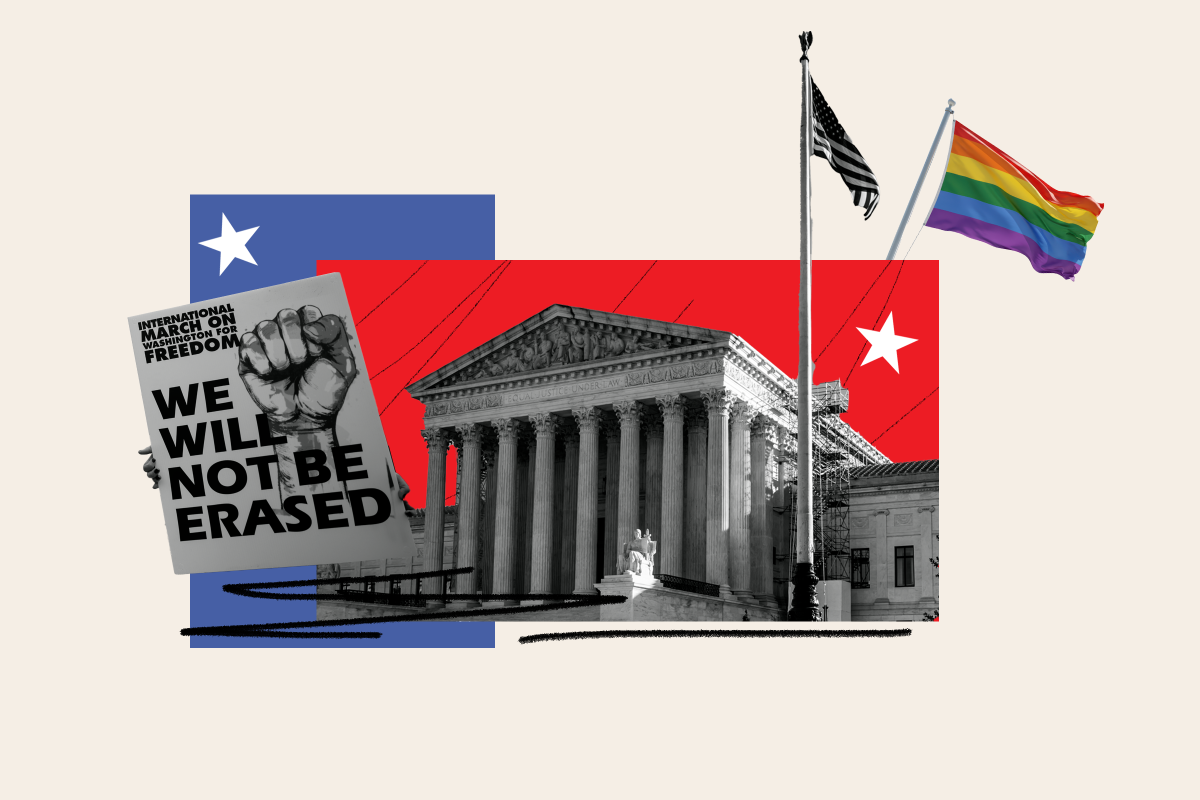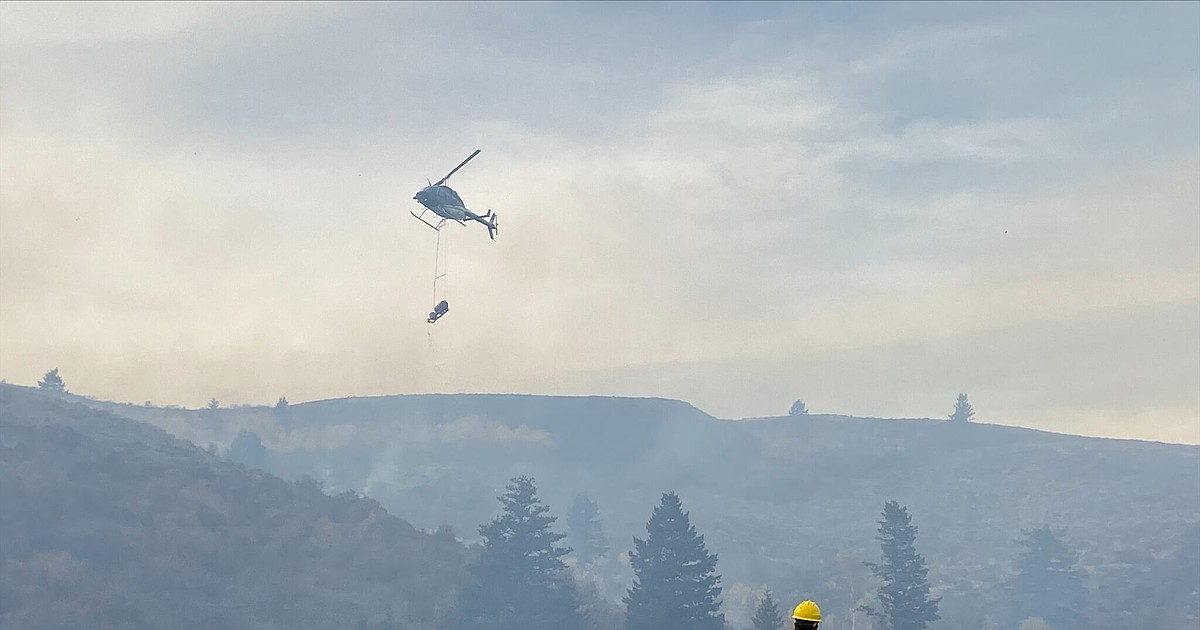
The United States Supreme Court will hear arguments next week into a case challenging the legality of Colorado’s ban on LGBTQ+ conversion therapy.
Why It Matters
More than 20 states have banned conversion therapy for minors. LGBTQ+ advocates and many medical professionals say the practice of trying to change a person’s sexual orientation or gender identity through counseling does not work, lacks scientific basis and can cause harm to minors. But others say the law violates the First Amendment rights of counselors wishing to engage in the practice.
Supreme Court Arguments are set to begin on Tuesday in the case Chiles v. Salazar, potentially having implications for states that have sought to prohibit the practice. The conservative tilt of the Supreme Court has alarmed some LGBTQ+ advocates who believe the ban is at risk.
What to Know
The case centers around Colorado counselor Kaley Chiles who challenged the state law barring conversion therapy for minors. Her attorneys wrote in a Supreme Court petition that she is a “licensed counselor who helps people by talking with them,” raising a First Amendment argument. They wrote that Colorados‘ law seeks to ban “consensual conversations based on the viewpoints they express.”
Jim Campbell, chief legal counsel at Alliance Defending Freedom, which is representing Chiles, told Newsweek on Friday that the government has “has no business censoring private conversations between clients and counselors.”
“Colorado’s law harms these young people by depriving them of caring and compassionate conversations with a counselor who helps them pursue the goals they desire,” he said.
Chiles’ legal team has argued that she is only trying to “assist clients with their stated desires and objectives,” which can include “seeking to reduce or eliminate unwanted sexual attractions, change sexual behaviors, or grow in the experience of harmony with one’s physical body.”
Colorado, however, has argued the law is necessary to protect LGBTQ+ youth, and that the state has authority to regulate health care services that would put minors at risk.
Colorado Attorney General told Newsweek the Supreme Court should “adhere to its long line of precedents and affirm the states’ power to regulate health care and protect kids and families from substandard practices.”
“To do otherwise would not only create immediate harm to those who are forced to undergo this discredited practice but would also open the door to a range of challenges to regulatory oversight of licensed professionals who harm patients or consumers through other practices that violate accepted and appropriate standards of care,” he said.
A Trevor Project study from 2020 found that minors who underwent conversion therapy were more than twice as likely to have reported suicide attempts and more than 2.5 times as likely to report multiple suicide attempts compared to those who did not.
Legal experts previously told Newsweek that the Supreme Court could end up overturning Colorado’s ban. Ryan Thoreson, a professor of law at the University of Cincinnati, said at the time that the court has been “consistently solicitous toward free speech and religious exercise claims brought by conservative litigants, even when those claims undermine longstanding laws that protect LGBT people from discrimination and harm.”
In total, there are 22 states that have banned conversion therapy for minors. Colorado passed its ban on the practice in 2019. It applies to children, but not adults. There were 1,320 conversion therapy practitioners operating across the country, 605 of whom were operating under professional licenses, according to a 2023 report by the Trevor Project.
The 10th Circuit Court of Appeals in 2024 upheld Colorado’s ban.
What People Are Saying
Colorado Attorney General Phil Weiser also told Newsweek: “No amount of talk, pressure, or shaming can make a gay person not gay, or a transgender person not transgender. Licensed therapists shouldn’t be able to abuse their position of trust to push an agenda that causes long-lasting harm to kids and families.
Jim Campbell, chief legal counsel at Alliance Defending Freedom, also told Newsweek: “We are eager to defend Kaley’s First Amendment rights and ensure that government officials don’t impose their ideology on private conversations between counselors and clients.”
Jennifer Levi, senior director of transgender and queer rights at GLAD Law, told Newsweek in August: “What we know from well established science and research is that there is no amount of talk or pressure that can make a gay person not gay, or a trans person not transgender. It’s really important that licensed therapists don’t abuse their position of trust to push an agenda that research has shown puts kids at high risk of suicide attempts and self-harm.”
What Happens Next
Oral arguments will take place on Tuesday October 7, and a decision will be handed down later in the term.



